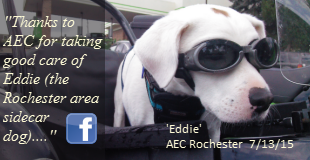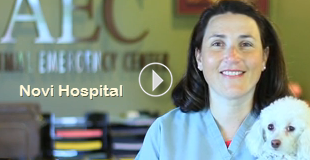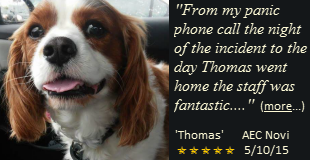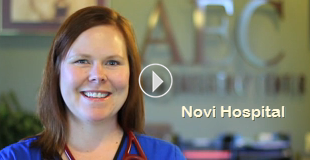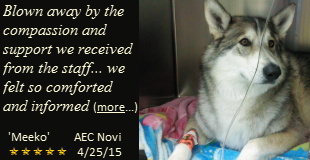Respiratory Rate for Cats and DogsTechnique
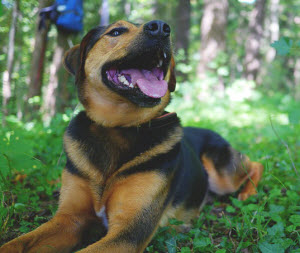
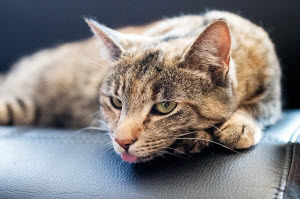
Dogs
Cats
- Observe chest motion or place a wet finger or pocket mirror over the nares.
- Count the rate over 15 seconds and multiply by 4


Dogs
- Puppies normal rate 15-40 breaths/minute
- Dogs normal rate 10-30 breaths/minute
- Toy breeds (small dogs) normal rate 15-40 breaths/minute
- Dogs that are panting - up to 200 pants/minute
Cats
- Cats normal rate: 20-30 breaths/minute
- Cats panting: up to 300 pants/minute
Cats do not usually pant unless they are in a stressful situation (going to the vets), frightened, in hot weather. They should not pant for more than a few minutes at a time. If panting persists and the animal cannot return to normal breathing treat as an emergency.
Abnormal breathing- If while breathing the abdomen is expanding instead of the chest, on inhalation, your pet is not breathing normally. You should seek veterinary care.
- Slow or fast respiratory rate, loud gasping sounds, shallow breathing, or breathing with mouth open: this is to be treated as an emergency. Seek veterinary care.

